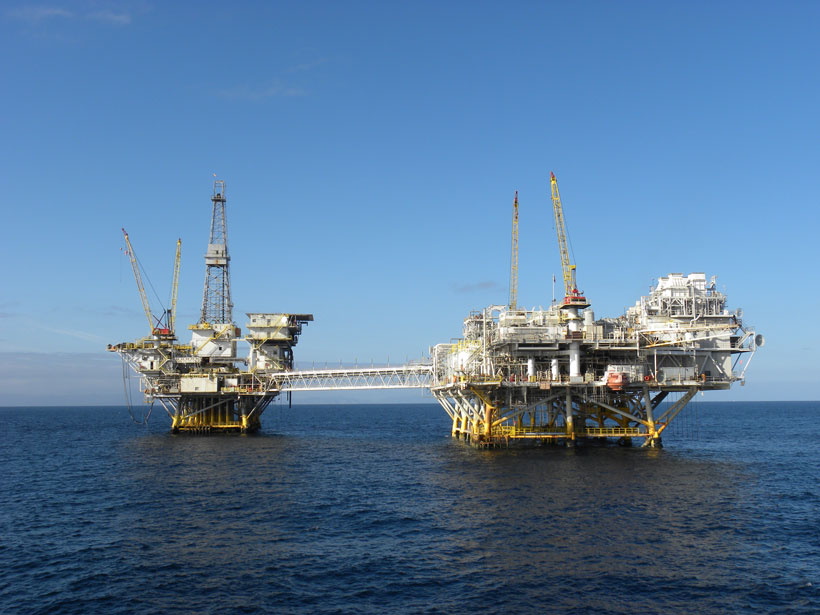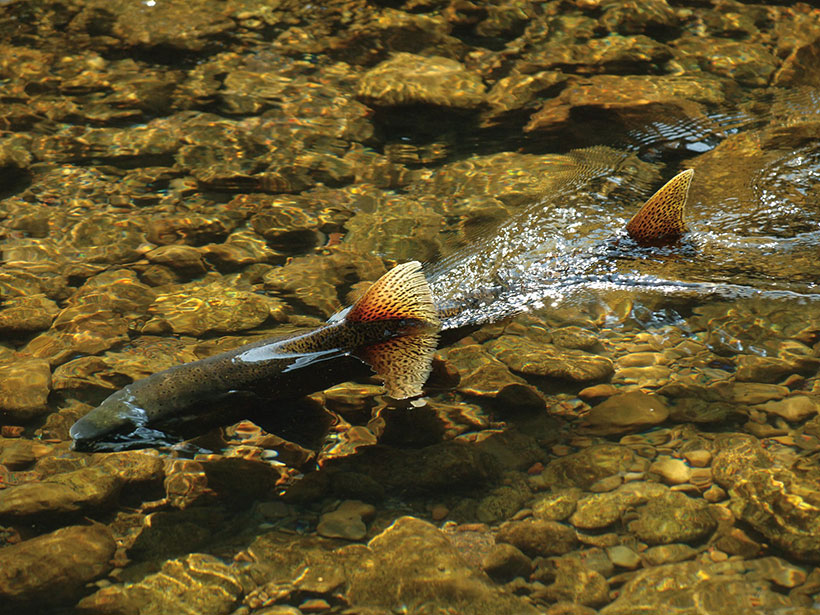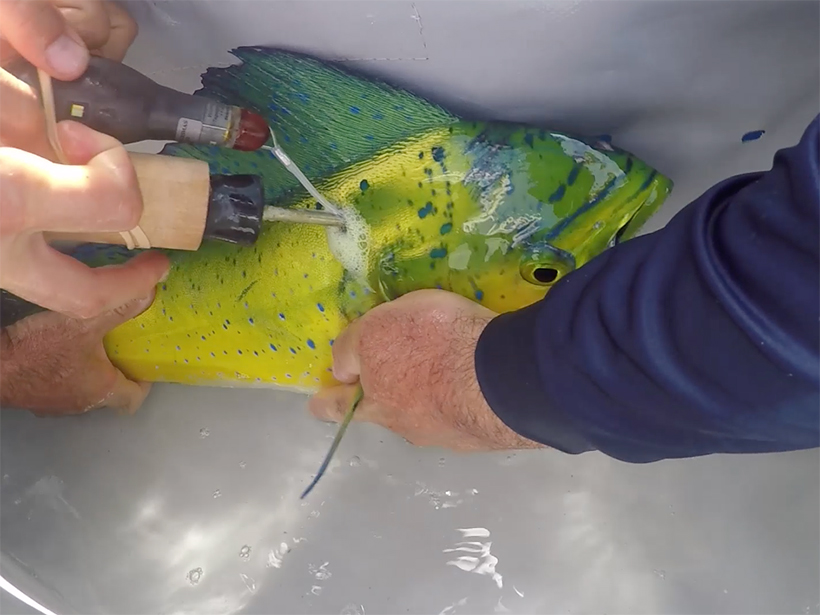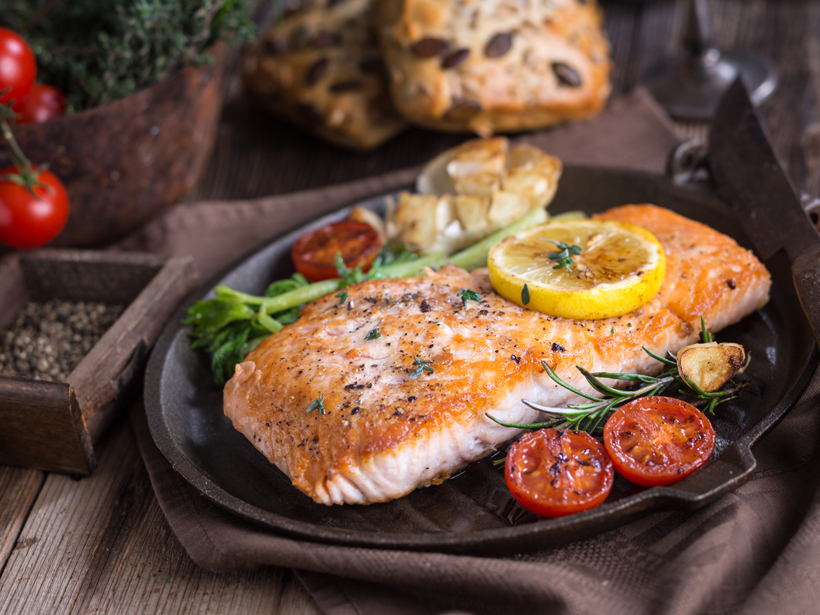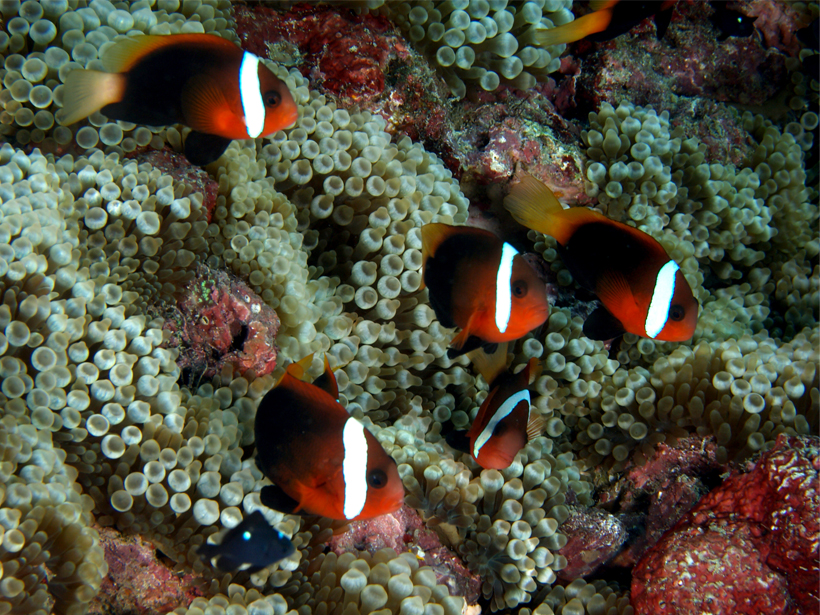Isotopic analysis indicates that mercury found in deep-sea organisms may have an origin in carrion from near the surface.
fish
Los Costos Ecológicos de Remover las Plataformas Petroleras Mar Adentro en California
Las plataformas de perforación de petróleo- y gas-mar adentro son hábitats ricos para peces. Eliminarlas por completo resultaría en una pérdida del 95% de biomasa de peces, revela una nueva investigación.
Internal Compass Guides Salmon’s Incredible Journey
New study finds evidence that magnetite particles play a role in fish navigation.
The Ecological Costs of Removing California’s Offshore Oil Rigs
Offshore oil- and gas-drilling platforms are rich habitats for fish, and removing them completely would result in a loss of over 95% of fish biomass, new research has revealed.
Oil-Exposed Mahi-Mahi More Likely to Lose Oil-Avoidance Behavior
Contact with oil may make it harder for the fish to avoid additional exposure, creating a vicious cycle following offshore oil spills.
Remote Landslide Puts Fraser River Salmon on Shaky Ground
An alliance of First Nations, provincial, and federal leaders worked with scientists, engineers, and emergency responders to rescue critical salmon stocks in western Canada.
Climate Change Is Coming for Our Fish Dinners
Your fish fillet may have less omega-3 fatty acids, an important nutrient for brain health, by the end of the century.
Damselfish in Distress?
Noise pollution may be changing how some species of fish develop.
Shifting Winds Drive Ocean Temps Along South African Coast
A new study could help manage sardine populations in coastal waters.
Extinct Megatoothed Shark May Have Been Warm-Blooded
Preliminary results from a recent study may begin to shed light on why megalodons died out before the most recent ice age.


